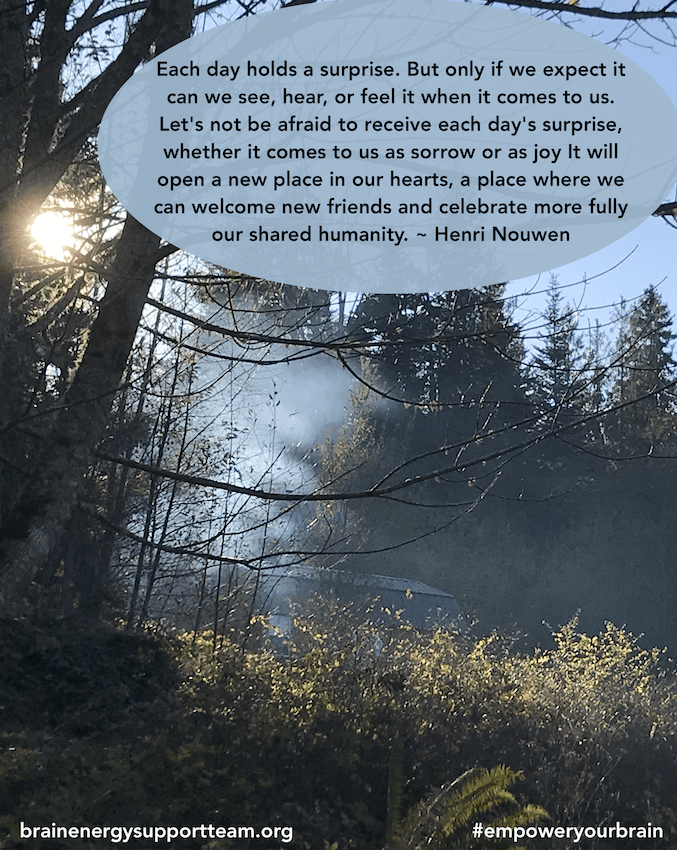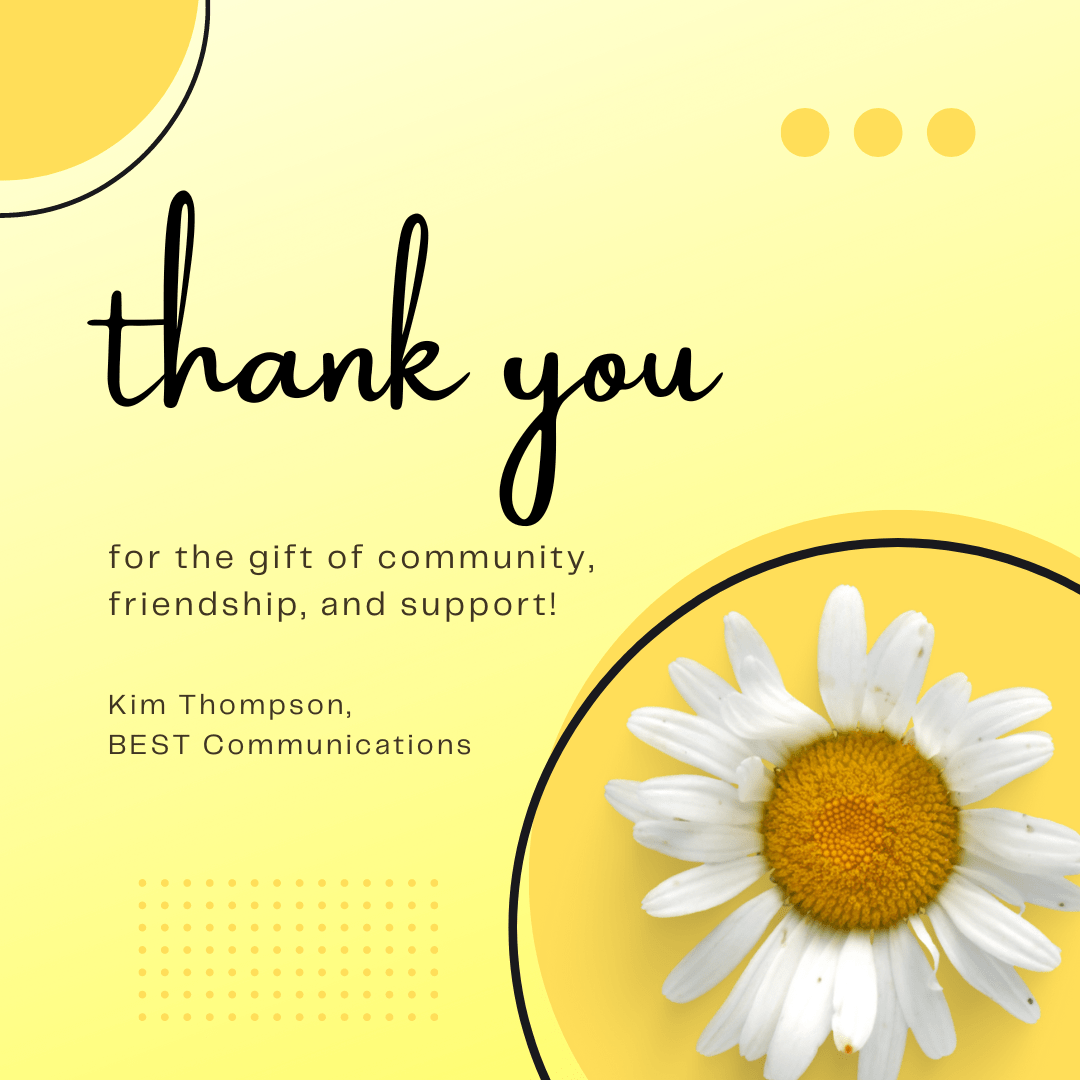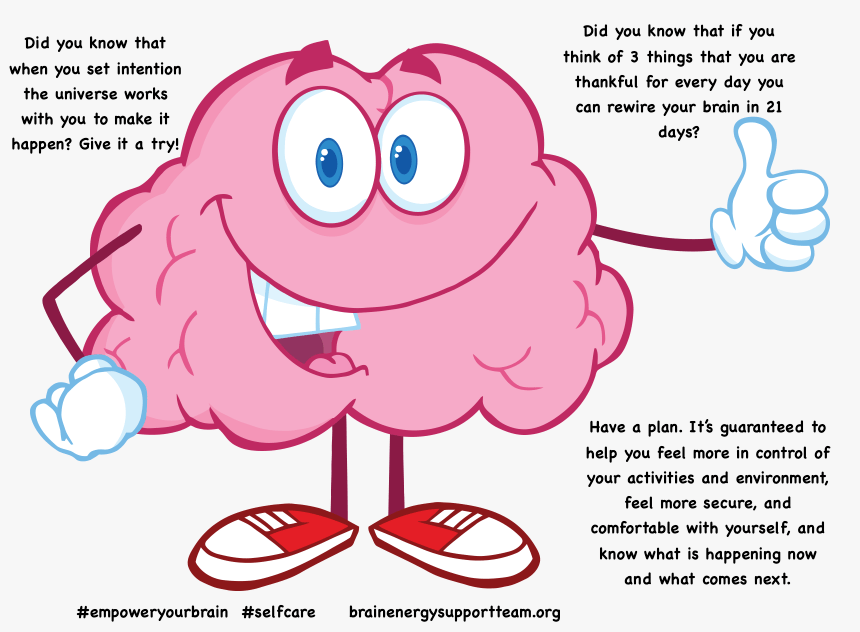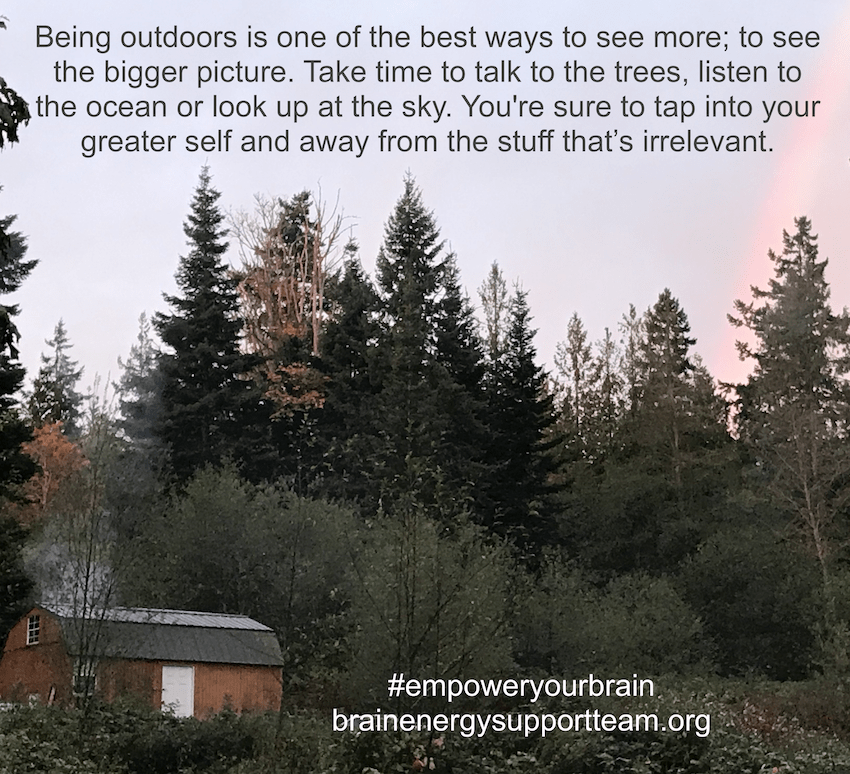I am the parent of two young adults. When it comes to gifts for them, there’s no detective work. I simply ask what they want. If the item(s), appropriately meet my budget and my ability to get them (which fortunately has never been an issue), then I proceed with getting the gifts.
Done!
For those who like to give (and receive) surprises, this probably isn’t much fun. I look at it this way: it’s fun to see the item(s) being used and the happiness it brings, even if it’s not a surprise.
Not all my gift-giving for the holidays (or other occasions) is that straight-forward. In fact, for some of my family members and friends, it’s not easy to figure out what to do.
Have you heard these comments before?
“I really don’t want anything.”
“I really don’t need anything.”
“Don’t get me anything.”
“Oh, I don’t know what I want.”
The reality is simply this: none of those comments are true. There are things we want and need that we don’t voice to each other. We all want and need things in our lives; we are human after all. Much of the time, these things aren’t even material goods. So, why don’t we share what we want or need?
Here are a few reasons. Maybe we think it’s not appropriate to share what we really want and need. Maybe we are fearful to ask. Maybe we don’t think we are worthy of what we want. There are a host of other reasons why we may respond (or not respond) in these ways. The bottom line: as a gift giver, we can try to solve this with love, support and caring. And this is where the sleuthing comes in!
And even better, connecting with the people we care about even more.
But before that though, let’s consider what people really want and need, other than material gifts.
- Time.
- Company, companionship, connection, community.
- Physical, emotional, mental and/or financial help.
- Dream fulfillment (big or small).
- Support for something they care deeply about.
- Something to think about.
So with that, how do we figure out what kind of gift (whether it’s material or not), to give, especially when our potential recipients say they don’t want anything or don’t know?
Here are some steps to try to do some detective work:
- Ask gentle open-ended questions. An open-ended question is a question that requires more than a yes or no answer. Use care not to interrogate or push. Maybe say, “I’d love to give you something that is special to you. It doesn’t have to be a gift in a box. Maybe we could enjoy (fill in the blank) together, or I could help you with (fill in the blank)?”
- Think outside the box. First, what are you willing to give other than a material gift? Your time? Your support? Money? Transportation? Next, tap into your creativity. How can you make your gift(s) work well for your recipient? Some people don’t care for the holidays or making a big deal out of their birthdays, so perhaps then offer a treat or gift another time of year (a special valentine or celebrate the beginning of spring).
- Support a passion. If someone is passionate about a cause or organization or has a passion project or hobby they are working on, consider supporting that with a donation (in the case of a cause or organization) or materials, a helping hand or gift for their passion project or hobby.
- Share your heart. If you know someone is really struggling and won’t communicate with you about what they really want or need, if you are able, have a gentle but honest conversation on how you can make their lives a little easier, whatever that may be. If you are unable to have that kind of in-depth conversation for whatever reason, maybe a heartfelt email, letter, or text message simply sharing your care may help.
- Accept their wishes. Finally, some people just don’t want gifts and that’s okay. The beauty of being a thoughtful gift detective is to accept the outcome whatever that looks like and celebrate that we can be loving and understanding in different ways.
Finally, don’t forget yourself.
This is a great time of year to reflect about what you want and need, what’s important to you, and how to take the best care of yourself possible. It doesn’t take detective work to know that taking the time to accomplish these thought processes is an invaluable gift you can give to yourself, and you are worth the effort, too.
 | Kim Thompson is a nonprofit communications professional, freelance writer, and journalist in the Pacific Northwest. She enjoys spending time with her family and friends, taking care of her border collie Ralph, reading, writing, exercise and sports, and spending time in nature. She’s passionate about people, her community, animals, and the arts. She’s currently editing her first book project. Learn more about Kim and her work at her LinkedIn profile here: linkedin.com/in/kimberlykthompson |
|---|






